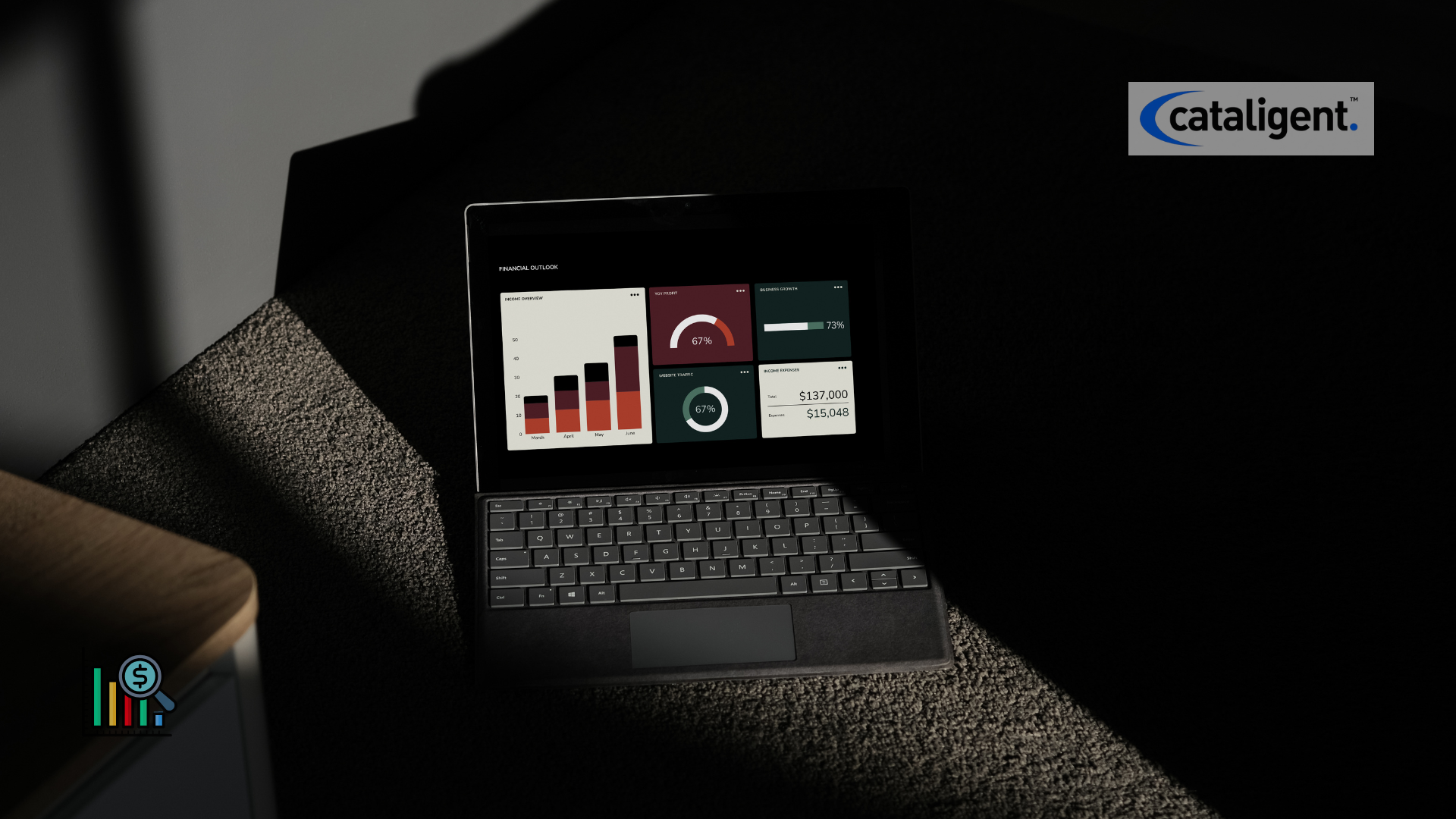Managing costs effectively is no longer just about cutting budgets—it’s about making informed decisions that optimize resources, eliminate inefficiencies, and drive sustainable financial performance. Data-driven cost management leverages analytics to uncover hidden expenses, identify inefficiencies, and enable smarter allocation of resources across operations. By combining business intelligence, predictive analytics, and real-time monitoring, organizations can transform cost management from reactive measures to strategic value creation.
What Is Data-Driven Cost Management?
Data-driven cost management is the practice of using structured data, analytics, and insights to guide spending decisions. It goes beyond traditional budgeting and cost-cutting by providing a clear understanding of where money is being spent, what drives costs, and how resources can be optimized.
Key elements include:
- Spend Analysis: Categorizing and analyzing expenditures to pinpoint inefficiencies.
- Predictive Analytics: Forecasting cost trends and identifying areas likely to incur unnecessary expenses.
- Process Monitoring: Tracking operational workflows to detect bottlenecks, redundancies, or overuse of resources.
- Decision Dashboards: Visualizing cost data in real-time to support immediate and informed decisions.
- Continuous Improvement: Using insights to implement process optimization and cost-saving strategies.
Data-driven cost management turns complex operational and financial data into actionable insights that drive smarter spending.
Why Data-Driven Cost Management Matters
Traditional cost management relies heavily on historical budgets and periodic reviews, which often fail to capture dynamic operational realities. Data-driven approaches matter because they enable:
- Visibility into Hidden Costs
Uncover indirect spend, operational inefficiencies, and redundant processes that often go unnoticed. - Proactive Decision-Making
Predictive analytics allow organizations to anticipate cost overruns and take corrective action before they impact the bottom line. - Alignment with Strategic Objectives
Cost management decisions are informed by business priorities, ensuring that savings do not compromise growth or quality. - Enhanced Operational Efficiency
Identifying and addressing bottlenecks reduces waste, accelerates workflows, and improves resource utilization. - Sustainable Savings
By continuously monitoring and optimizing processes, organizations achieve lasting cost reductions rather than one-time cuts.
How Data-Driven Cost Management Works
Implementing data-driven cost management typically follows a structured approach:
- Data Consolidation
Integrate financial, operational, and procurement data into a centralized system to create a single source of truth. - Spend Categorization
Break down expenditures by categories, departments, or projects to identify high-cost areas and potential savings. - Analytics & Insight Generation
Apply predictive models, anomaly detection, and trend analysis to pinpoint inefficiencies and forecast future costs. - Decision Support Dashboards
Visualize insights through intuitive dashboards that provide leaders with actionable information in real-time. - Process Optimization
Implement process improvements based on insights, such as streamlining workflows, renegotiating contracts, or reallocating resources. - Continuous Monitoring & Feedback Loops
Establish ongoing measurement of key metrics to ensure cost-saving measures are effective and sustainable.
Practical Applications Across Organizations
Data-driven cost management can deliver tangible results across various functions:
- Finance: Detect inefficiencies in payroll, accounting, and budgeting processes.
- Procurement: Identify maverick spend, supplier inefficiencies, and cost-saving opportunities.
- Operations: Streamline workflows, reduce waste, and optimize resource allocation.
- IT & Infrastructure: Monitor software usage, cloud spending, and system efficiency to prevent overspend.
- Supply Chain: Track logistics costs, inventory levels, and supplier performance to identify cost reduction opportunities.
By applying analytics across these areas, organizations can capture both direct and indirect cost savings.
Benefits Beyond Cost Reduction
Data-driven cost management offers additional advantages:
- Improved Decision-Making: Leaders make choices grounded in objective insights rather than intuition.
- Agility: Real-time data enables rapid response to emerging cost pressures.
- Enhanced Transparency: Stakeholders gain visibility into spending patterns and operational efficiency.
- Strategic Alignment: Cost-saving initiatives are aligned with broader organizational objectives.
These benefits make cost management a strategic capability rather than just a financial control function.
Why Businesses Need Consulting Support
Implementing data-driven cost management can be challenging without expert guidance. Consulting provides:
- Expert Analytics Design: Developing models and dashboards tailored to the organization’s needs.
- Prioritization of High-Impact Areas: Identifying where cost-saving efforts will yield maximum ROI.
- Change Management: Ensuring adoption across finance, operations, and procurement teams.
- Governance & Oversight: Establishing frameworks to maintain accuracy, compliance, and alignment with strategy.
Consulting ensures that data-driven cost management is actionable, measurable, and sustainable.
How Cataligent Enables Data-Driven Cost Management
Cataligent combines consulting expertise with its CAT4 platform to help organizations identify inefficiencies and optimize costs:
- Centralized Data Framework: Consolidates financial, operational, and procurement data for unified visibility.
- Predictive Analytics: Uses advanced models to forecast spending trends and highlight risk areas.
- Interactive Dashboards: Provides real-time insights for leaders to make informed decisions.
- Process Optimization Guidance: Identifies workflow improvements, cost-saving measures, and resource reallocation opportunities.
- Continuous Monitoring: Ensures savings are sustainable and aligned with strategic priorities.
With Cataligent, organizations turn data into actionable cost management strategies that deliver measurable savings and long-term operational efficiency.
The Future of Data-Driven Cost Management
As businesses face increasing cost pressures, leveraging analytics will become essential for strategic advantage. Organizations that adopt data-driven approaches will achieve not only immediate savings but also greater operational resilience, improved decision-making, and enhanced competitiveness.
Cost management is evolving from a reactive discipline to a proactive, insight-driven capability. Companies that embrace this shift will be better positioned to optimize resources, eliminate inefficiencies, and maximize value.
Call to Action
If your organization seeks to identify hidden costs, optimize resources, and drive sustainable savings, Cataligent can help. With expert consulting and the CAT4 platform, we enable businesses to implement data-driven cost management strategies that deliver measurable results, operational efficiency, and strategic alignment.
Partner with Cataligent to transform cost management into a strategic lever for efficiency, agility, and growth.

